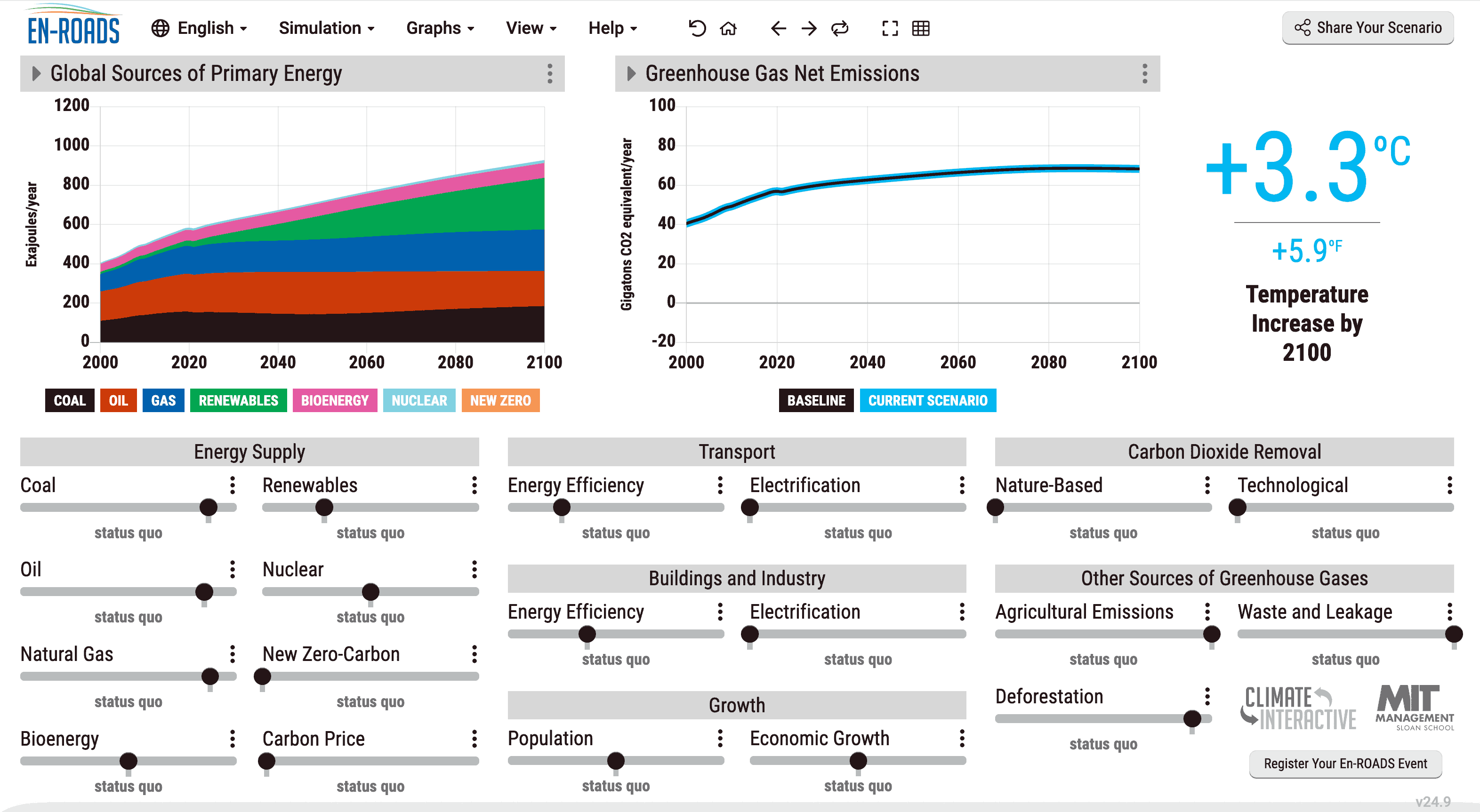The Client: Russell Reynolds Associates
In 2020, the United Nations Global Compact, the world’s largest corporate sustainability initiative, published a “Leadership for the Decade of Action” report that described key traits of sustainable leaders, made the business case for sustainability, and offered guidance and practical tools for organizations to foster sustainable leadership. The report was produced in partnership with Russell Reynolds Associates, a global leadership advisory and search firm.
Among other important insights, Russell Reynolds Associates discovered that while nearly all the CEOs surveyed believe the integration of sustainability is critical to business success, less than half of companies are implementing sustainability in their operations. Only 21% of CEOs believe business plays an essential role in achieving the U.N. Sustainable Development Goals today. Regarding their job descriptions, a mere 4% of role specifications demand sustainability experience or mindsets. For Russell Reynolds Associates, these insights served as a call to action to improve the statistics, starting with senior business leaders among its clients.
Collaborative approach to executive education
“We knew we needed a partner who could bring in more academic, research-based information around sustainability and work with us on the leadership side to create a unique program for our clients,” says Amy Scissons, Chief Marketing & Communications Officer at Russell Reynolds Associates. The ability to learn from the faculty and researchers at the MIT Sloan Sustainability Initiative and the responsiveness of the MIT Sloan Executive Education team and its collaborative approach to program design solidified the firm’s choice of an executive education partner.
The inaugural cohort of 20 participants gathered on the MIT campus in 2022 for three days of immersive learning in a wide range of sustainability topics, system dynamics, organizational transformation, and hands-on sessions with a climate-scenario simulator. It included a mix of senior client-facing consultants and executives from Russell Reynolds Associates as well as a number of the firm’s clients, whose proportion in the classroom increased with each program delivery over the subsequent years.
The program was designed to allow participants to learn from renowned MIT faculty and researchers, subject matter experts from Russell Reynolds Associates, and each other. Six months after the campus session, each cohort meets virtually to check in on the progress of their sustainability projects, get a content refresher on the latest MIT sustainability research, and reconnect with peers.
“The participants bring critical real-world experience into the program and face some thorny, difficult issues. They come open to learning from us and one another, and I’ve learned a lot with them,” says John Sterman, Jay W. Forrester Professor of Management, Faculty Director of the MIT Sloan Sustainability Initiative and System Dynamics Group, and the program faculty co-director.
Seeing the full picture for maximum impact
Sterman’s area of expertise is system dynamics—a branch of systems theory designed to help people understand the dynamic behavior of complex systems, often through interactive simulations that enable people to learn for themselves instead of being told what to do by an expert. “Research shows that showing people research doesn’t work,” Sterman says. “Instead, we use systems thinking tools and interactive simulations to help people develop their systems thinking capabilities.”
“In this context, sustainability is all about the complexity of the interaction between firms, society, environment and the changing institutional and policy landscapes,” says Jason Jay, Senior Lecturer and Sustainability Director at the MIT Sloan Sustainability Initiative, who leads the program along with Sterman. “On the first day of the program, we use a system dynamics model to map out the ecological crisis. This systems perspective builds and enriches your mental model about climate and I think that’s a very special sauce.”
A multi-layered commitment to sustainability
The program experience is not purely academic, however. Each participant makes tangible, actionable sustainability commitments at the end of the program–what they intend to do as a person, as a professional, and as a citizen. “Commitments are not new year’s resolutions like ‘I’ll go to the gym…tomorrow’ but a pledge to take specific actions, by a specific date, with the specific people you need to engage for success, and that you are willing to write down and share publicly. And that's a lot harder than it looks,” emphasizes Sterman.
Kurt Harrison, founder and co-head of Global Sustainability Practice at Russell Reynolds Associates, helped to engender a partnership with MIT and serves as a subject matter expert for the program. “The MIT program has had a significant impact on myself and on the other members who have helped to design and implement the curriculum alongside MIT,” he says. “It’s gotten a lot of attention within the firm and has helped our sustainability colleagues gain better traction with the integration of sustainability within our firm. It's one thing to hear from us about how important sustainability is and how to engender those conversations with your clients and how to frame everything in a business value creation context, but when you do all of that in partnership with MIT, it just ends an extra layer of credibility to what we're trying to achieve.”
One of Harrison’s program commitments led him to undertake and complete formal training in the En-ROADS Climate Simulation model, joining a worldwide community of climate champions on the mission to drive effective and equitable climate action.
En-ROADS is a system dynamics model carefully grounded in the best available science. It allows users to explore the impact that policies can have on energy prices, temperature, air quality, and sea level rise.
Sustainability is vital to business success
Harrison’s experience is a great illustration of the overall program impact. “The feedback from participants has been really positive,” reports Scissons. “They feel prepared to take action and have a good sense for all of the different complex elements that they need to think about in terms of how they partner with competitors, and how they think about working with regulators. They feel ready to deal with the challenges that come with trying to champion a sustainability agenda, which is not easy in these organizations.”
Sarah Galloway, who co-leads the firm's global Sustainability Practice, points out the importance of reframing how business leaders think about sustainability. “We are trying to consciously move our clients away from thinking about sustainability as the ‘right thing to do’ and as a way to ‘save the planet’, and more about business value creation,” she says. “How do you future-proof your business? How do you maintain a competitive edge? How do you secure your supply chain? How do you invest in product innovation? How do you set your organization up for long-term success? And the more organizations can position sustainability as a business value creation initiative, not a functional compliance measurement and reporting initiative, the more successful they are and the better-integrated sustainability becomes.”









